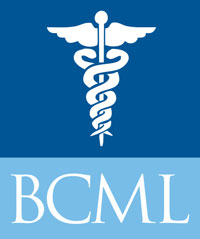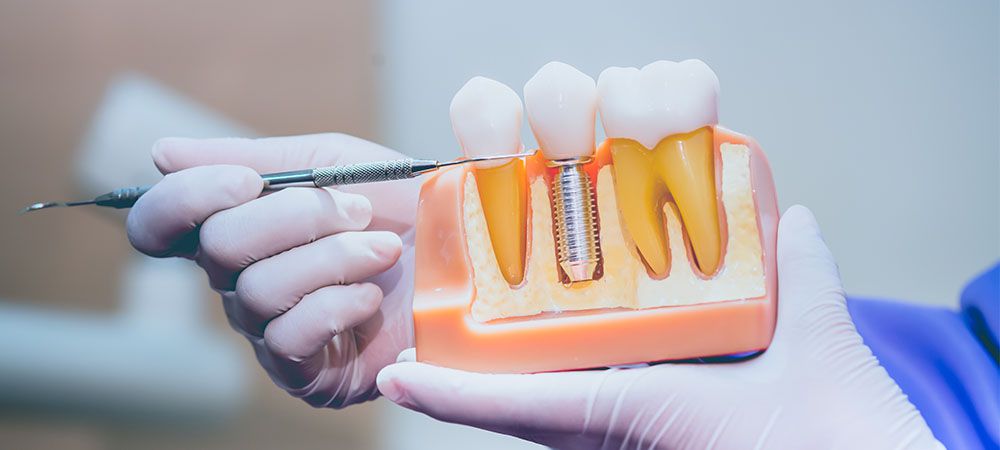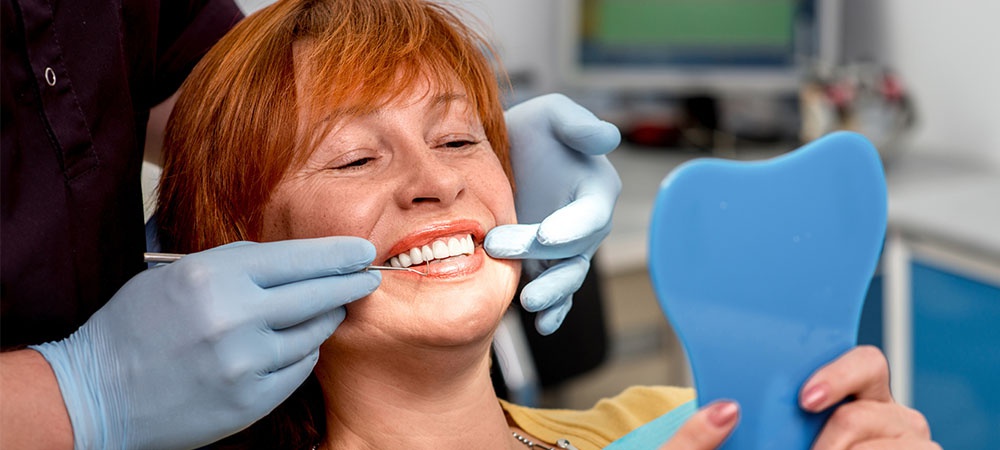Losing a tooth can be disheartening, but you don’t have to live with an incomplete smile. With two of the most popular tooth replacement treatments available today — dental implants and bridges — you can restore your teeth and achieve a smile that is as good as new.
From understanding how each option works to weighing the pros and cons associated with each, this blog post will help you decide which treatment is best suited for your individual needs.
Read on for all the information about dental implants vs. bridges for replacing missing teeth!
Tooth Replacement Options and Explain Why It is Important to Make an Informed Decision
Finding the right tooth replacement option can be a daunting task. When considering which type of tooth replacement is best, it’s important to understand the pros and cons associated with each option.
Although most tooth replacement procedures are effective, there can be significant differences in the function, durability, cost and appearance of the final results. Therefore, it is important to thoroughly research all available replacement options before deciding which one is right for you.
Consulting with your dentist can also help guide you in making an informed decision that meets your needs for now and for the years ahead.
Dental Implants: The benefits, risks, and costs associated with them
Dental implants are an effective yet costly way to replace a missing tooth. An implant is a titanium post placed in the jawbone that replaces the root part of a tooth. A natural-looking replacement crown is attached to this post, restoring function and aesthetics.
The primary benefit of dental implants is their longevity and durability; when properly taken care of, they can last for decades.
As with any medical procedure, there are risks associated with dental implants – namely infection or poor integration with the jawbone. These risks make it doubly important to visit an experienced dentist in Ontario who can assess if you’re a suitable candidate and allocate resources accordingly.
Although expensive compared to other treatments, dental implants have become more accessible due to improvements in technology and materials used. Generally speaking, dental implant costs can range from $2,000 to $4,500 per tooth. This cost includes the implant itself, abutment and crown.
The actual price of each item depends on several factors, including the dentist’s geographic location, the material and the complexity of the procedure.
Bridges: The advantages, disadvantages, and cost implications
Bridges are a less expensive option than implants, although they are not as durable. Bridges involve placing an artificial tooth in the gap. The artificial tooth is held firmly in place by anchoring “wings” to adjacent healthy teeth. This procedure requires two or more visits to the dentist and can take up to two weeks for fabrication and installation.
The primary advantage of dental bridges is their cost-effectiveness; typically, a bridge ranges from $500 to $1,200 per unit. Bridges are also quicker and easier to install than implants, as they don’t require surgery or recovery time. Bridges also offer certain aesthetic advantages — they blend in with your other natural teeth and can improve your smile.
However, bridges have some drawbacks compared to implants – namely, they wear down over time and need regular replacement. This adds to the overall cost of treatment.
Additionally, bridges can cause additional dental problems if they’re not properly taken care of and may damage adjacent teeth. Over time, the anchoring wings may loosen or decay, requiring replacement or re-cementation.
Related Article: Dental Fillings: Types, Materials, and Costs
Dental Implants vs Bridges: Which is best for you?
When considering a tooth replacement option, it’s essential to assess your individual needs and preferences. Factors such as oral health, budget, lifestyle, and aesthetics should inform your decision.
Dental implants may be the best option for those with good oral health due to their longevity and durability. Implants also provide optimal aesthetics and functionality, making them the preferred choice for those looking to restore their smile.
For those with a limited budget, bridges may be more suitable as they’re less expensive than implants. Bridges can offer good aesthetics and stability, but will require replacement or re-cementation if not taken care of properly.
Ultimately, the decision of which option to choose should be based on individual factors and discussed with a qualified dental practitioner. Identifying which type of tooth replacement is best for your situation will ensure satisfactory results. By researching and speaking to your dentist, you can make an informed decision that meets your needs and budget.
Tips on Finding a Qualified Professional to Perform the Procedure
When deciding on a tooth replacement option, finding a qualified dentist or specialist who can provide the treatment with care and skill is the first step.
Here are some tips for finding the right professional for your tooth replacement needs:
- Ask friends, family, and colleagues for recommendations
- Check out online reviews from previous patients
- Make sure the practitioner has experience performing the procedure you are considering
- Research the dentist’s credentials to ensure they have been certified by a reputable organization
- Ask questions to get a better understanding of their policy and procedures
- Make sure the practice is clean, hygienic, and well-maintained
Finding a qualified practitioner is an essential part of the tooth replacement process and can make all the difference in achieving successful results. Doing your research will ensure you receive the best possible service, care, and outcome for your needs. By finding a qualified professional with experience performing the procedure you are considering, you can be confident you’ll get the best care possible.
Steps to Ensure the Best Tooth Replacement Results
Once you have chosen a tooth replacement option, there are steps you can take to ensure that you receive optimal results. Here are some tips:
- Follow your dentist’s instructions for care and maintenance before, during, and after the procedure
- Practice good dental hygiene by brushing twice daily and flossing regularly
- Attend regular check-ups and cleanings with your dentist to ensure any potential issues are identified early on
- Make sure to avoid habits such as smoking or biting down hard on objects, which can damage the replacement
- If you experience any pain or discomfort after the procedure, contact your dentist immediately
By following these steps, you can ensure that your tooth replacement option will provide the best results possible. Good luck and take care of your smile!
Related Article: What Treatment Should I Get If My Tooth Needs a Filling?
Final Thoughts
For those looking to restore their smile, dental implants are often the preferred choice due to their natural aesthetics and functionality. While they may be more expensive than other tooth replacement options, they provide long-term stability with minimal maintenance.
Dental bridges can also offer good aesthetics and functionality, but may require more maintenance than implants. The decision of which option to choose should be based on individual factors and discussedwith a qualified dental practitioner.
By researching your options, consulting with professionals, and talking to your dentist, you can make an informed decision that meets your needs and budget. Call 416-929-1900 to speak to a certified dental professional at Lockwood Clinic today.



